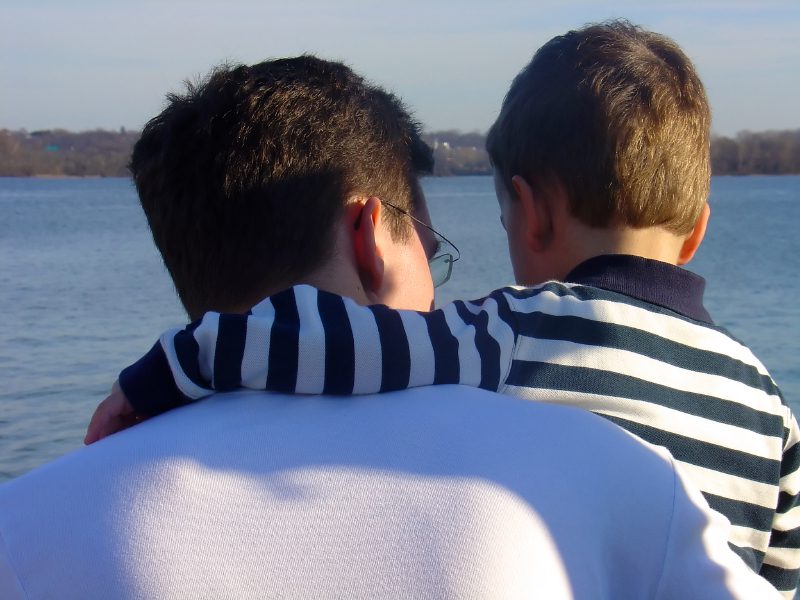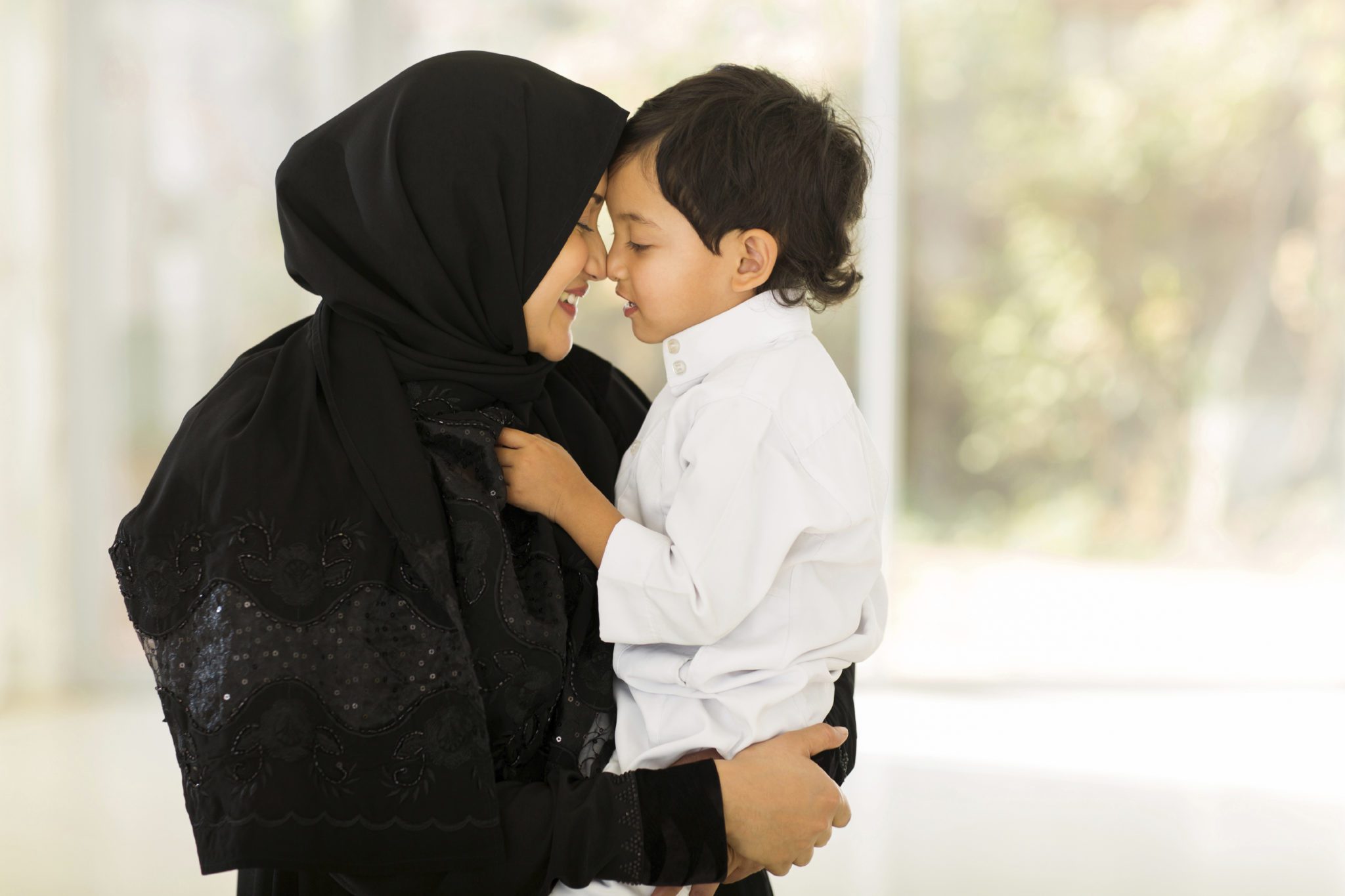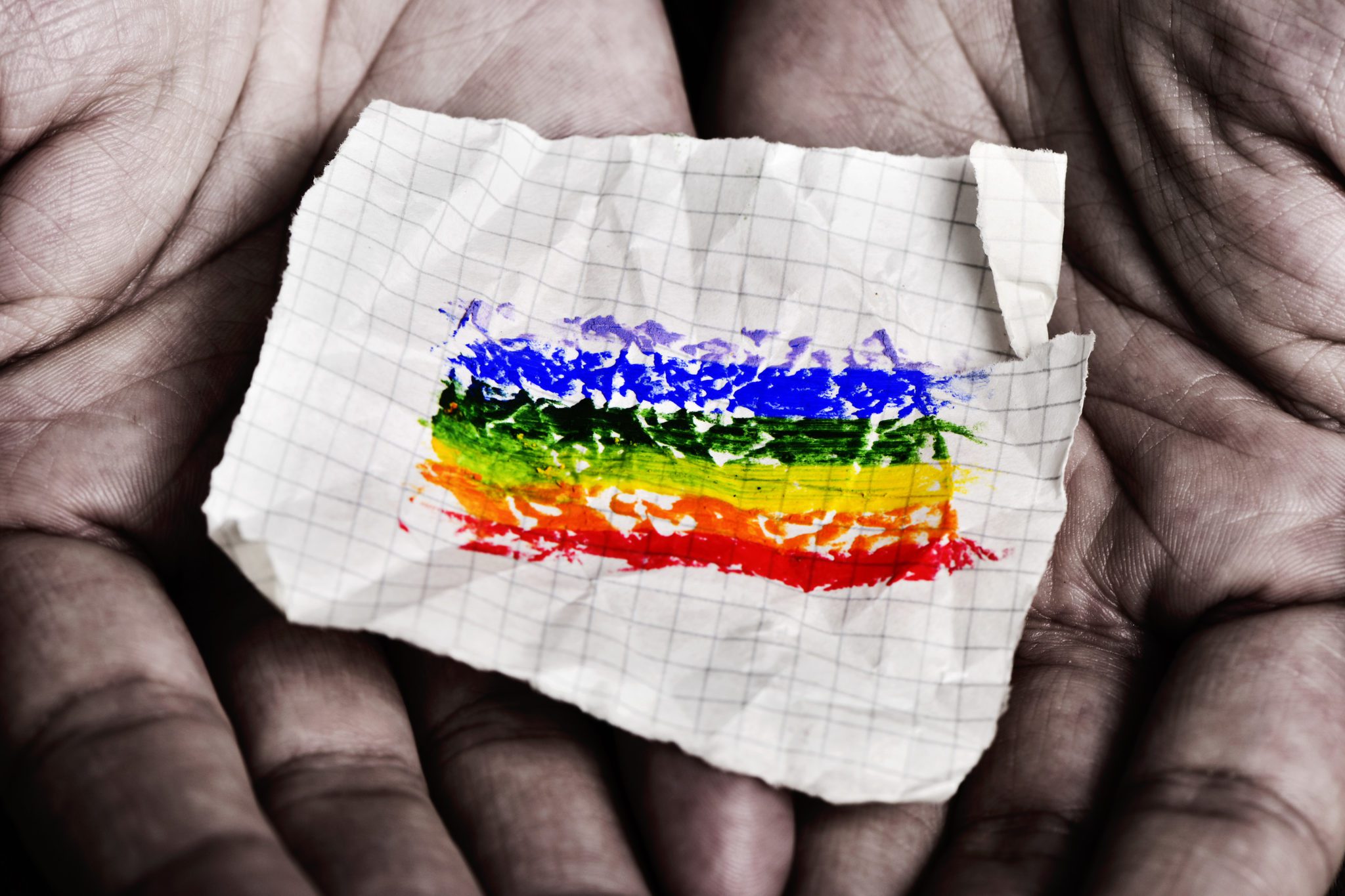Minneapolis: Helping Young People to Understand and Stay Safe
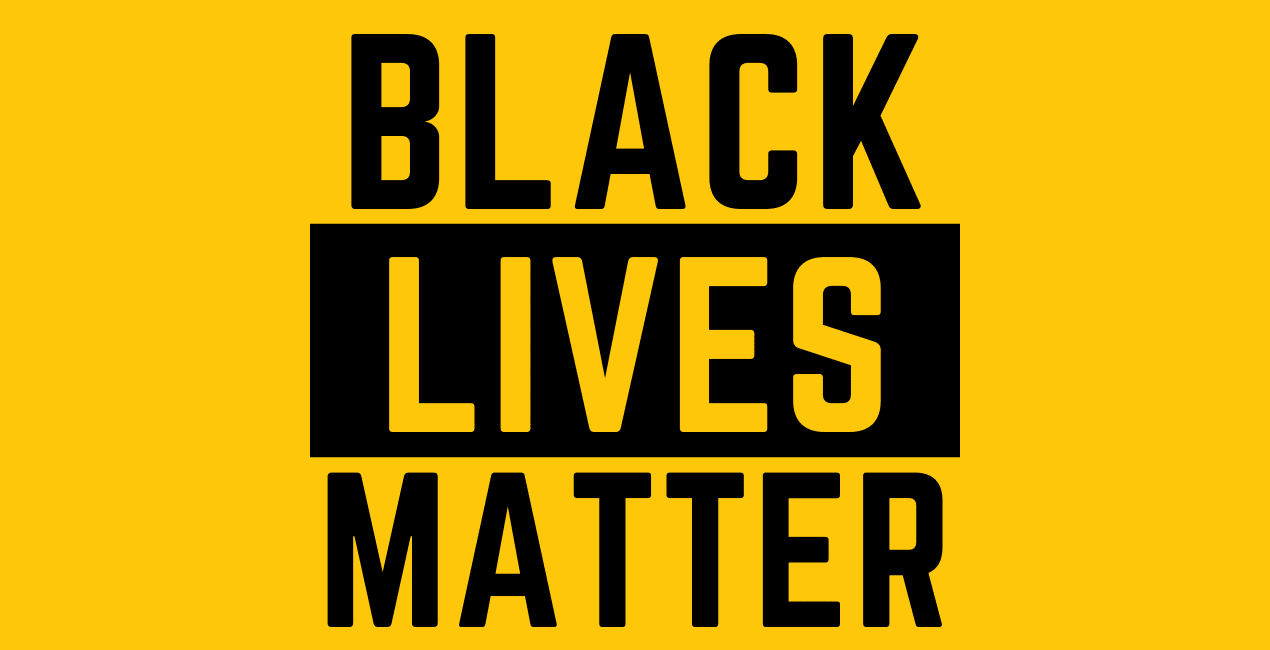
Posted in: Hot Topics, Parenting Concerns
Topics: Culture + Society
To help you start, or continue conversations you’ve already begun, here are some guiding resources:
- How and why to discuss Juneteenth with your children (The Washington Post)
- Ways to Emotionally Support Your Teen in Responding to Racism (MGH Clay Center)
- 16 ways to help children become thoughtful, informed, and BRAVE about race (Embrace Race)
- Standing With Families Against Racism: Recommended Anti-Racism Resources for Families (The Family Dinner Project)
- How We Talked About Racism With Our Very Young Kids: A Child Psychiatrist Mom’s Conversation With her 5- and 3-Year-Old Sons (MGH Clay Center)
- NBC Nightly News: Kids Edition (June 2, 2020) (NBC News)
- These Books Can Help You Explain Racism and Protest to Your Kids (The New York Times)
This is not the first time we have had to help our kids process a horrifying situation like this.
The unfolding of events following the murder of George Floyd at the hands of Minneapolis police share stark similarities with the unrest following the fatal shooting of Michael Brown by a Ferguson police officer in 2014. We have felt justifiable anguish and anger overflowing across the country, especially in our communities of color. We have seen community protests and law enforcement responses rise across the country, many peaceful, some destructive and violent. And everything has been portrayed visually, verbally, and repeatedly, across news and social media platforms, for us and our children to see.
But the murder of George Floyd is also different. Unlike with Michael Brown, the physical restraint and passive violence leading to George Floyd’s death was captured on video – by a 17-year-old girl, no less – making all of us witnesses to the tragedy.
We have seen videos of police brutality against Black people before. But in this video, there is graphic evidence of the physical violence and suffering that occurred, and the lack of response by police to Mr. Floyd’s cries for air and onlookers’ cries for help, as he was pinned down for nearly nine minutes. Parents must consider the reality that our children, especially our teens and young adults, have probably seen this video. Possibly more than once.
We must also acknowledge that, while this video is especially shocking to those with the privilege to not have this kind of aggression be part of their world view, the chronic stress of it as a true threat is something many Black families live with every day.
We need to find a way to help our kids cope with what they’ve seen, and the sad fact that sometimes humans do horrible, unspeakable things. We need to help them come to terms with the reality that there is a dark side of our human constitution.
We can start by talking with them about Minneapolis.
- Ask your kids and teens what they have seen and heard on social media, in the news, and from friends.
- Ask them how they feel about what they have seen and heard.
- Let them know that while most adult leaders in their lives are good people, there are a few who might take advantage of them, even hurt them.
- Ask them how they feel about this.
- Ask them how they understand what Black Lives Matter means, and how they relate to it in their own life experience.
- Ask them what they can do to make our world a better place.
Importantly, we also need to help our kids recognize that there is an aspect of taking care of ourselves that comes from knowing – and accepting – that not all adults can be trusted.
Most school age kids and teens know that some kids and adults are “mean.” They’ve seen bullying and may have even been victims of it. But the shock of seeing adults in police uniforms become perpetrators of deadly violence, as we now have, is a difficult learning moment.
Talking about this is not easy.
It doesn’t feel right to say that you cannot trust some authority figures, and we don’t want our kids to be wary of those adults in their lives who play a vital and trusted role. At the same time, while most police and folks in uniform are good people, they need to be viewed with more wariness, as profiling and discrimination against people of color is a reality we must come to terms with.
Our children need to know that if they feel danger or anger directed at them or someone else in the presence of a person in uniform, a religious leader, a school coach – they need to rely on their feelings and stay safe. They need to let someone they trust know about it.
- Ask your kids what they would do in situations of perceived danger.
- Ask how they would respond and cope when they see others experience abuses, or hear about it happening.
But we must talk to our kids about this. They need our guidance and support. It is never too early to begin these conversations about trust, violence, discrimination, and race. And these conversations must evolve more deeply as our children grow.
Last updated July 2, 2021
Was this post helpful?
Newsletter
Subscribe Today
Your monthly dose of the latest mental health tips and advice from the expert team at The Clay Center.
SubscribeMultimedia
Quick Jumps
Tag Cloud
-
addiction
ADHD
adolescents
anorexia
anxiety
autism
behavior
CBT
child development
children
college
communication
covid-19
depression
digital media
dyslexia
eating disorder
evaluation
family
fear
healthy development
learning
learning disabilities
learning disability
mental health
mental illness
parenting
parents
Podcast
PTSD
relationships
resilience
school
shrinking it down
social media
stigma
stress
suicide
technology
teenagers
teens
therapy
trauma
treatment
violence

 Share
Share Tweet
Tweet

